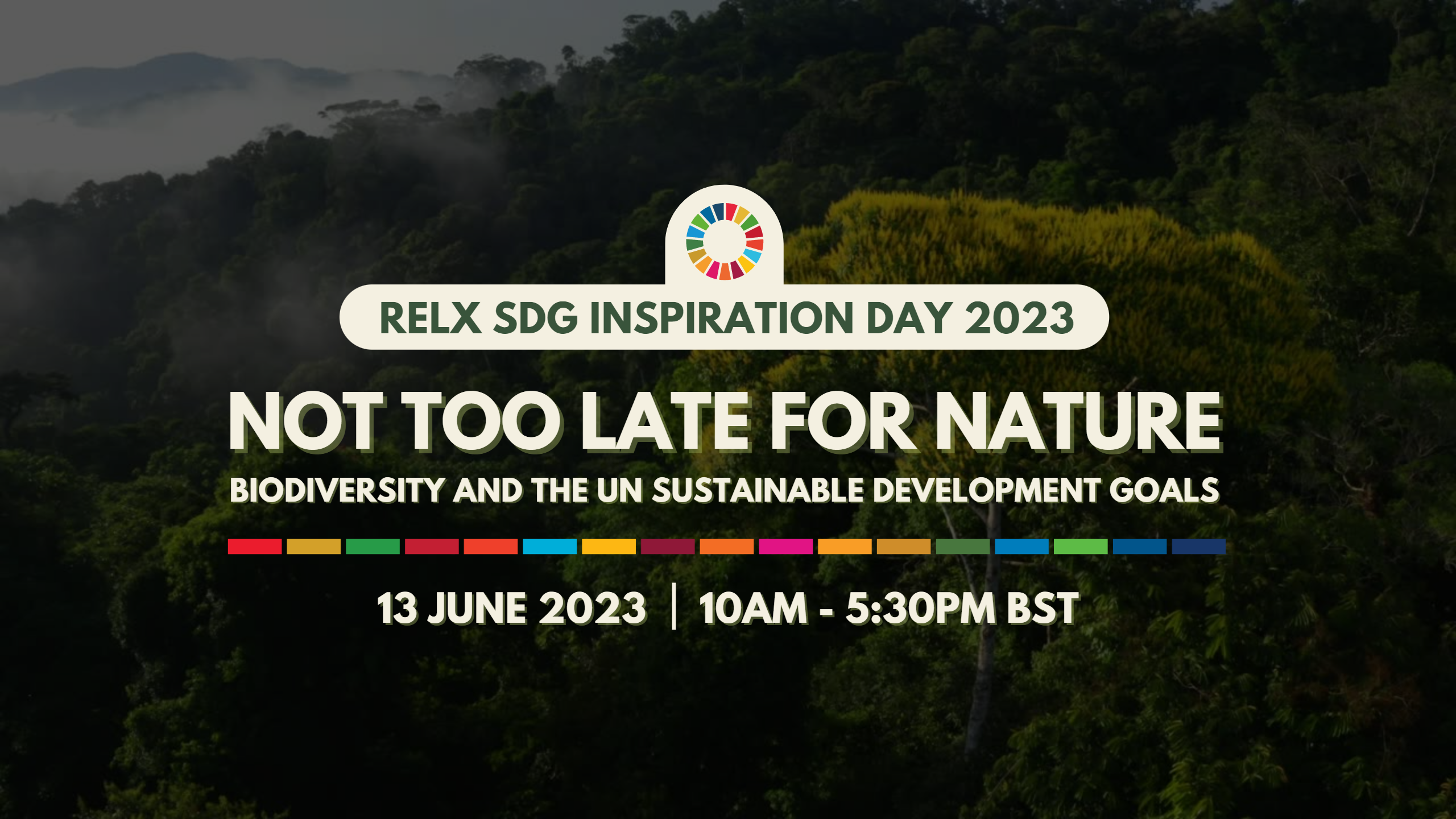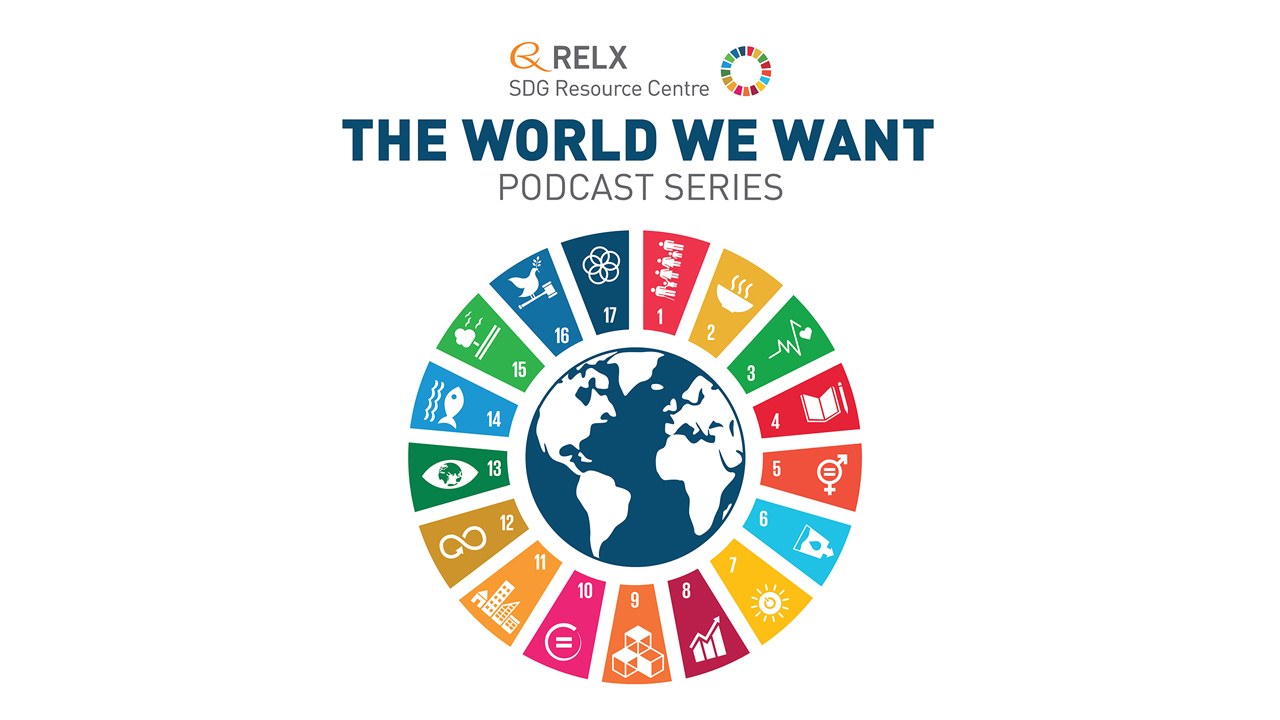Behavioural change, a modification in human behaviour often targeted by policies and interventions, is a fundamental driver in achieving the Sustainable Development Goals (SDGs). Whether it's adopting sustainable consumption and production patterns (SDG 12), promoting healthier lifestyles (SDG 3), or encouraging responsible use of water and energy (SDGs 6 and 7), many of the SDGs hinge on behavioural change. Such changes are also crucial for combatting climate change (SDG 13), as lifestyle choices can significantly affect greenhouse gas emissions. Furthermore, behavioural change can contribute to social goals such as achieving gender equality (SDG 5) and reducing inequalities (SDG 10). Therefore, fostering positive behavioural change is key to realizing the SDGs.
Violence against women (VAW) is a violation of human rights rooted in gendered social structures and a pervasive problem worldwide. It cuts across age, socioeconomic, educational, and geographic boundaries, affecting all societies. Women and girls are disproportionately impacted by gender-based violence, which causes immense harm, suffering, loss of dignity, along with immediate and long-lasting medical and psychological damage. It also places a heavy burden on societies and economies.






